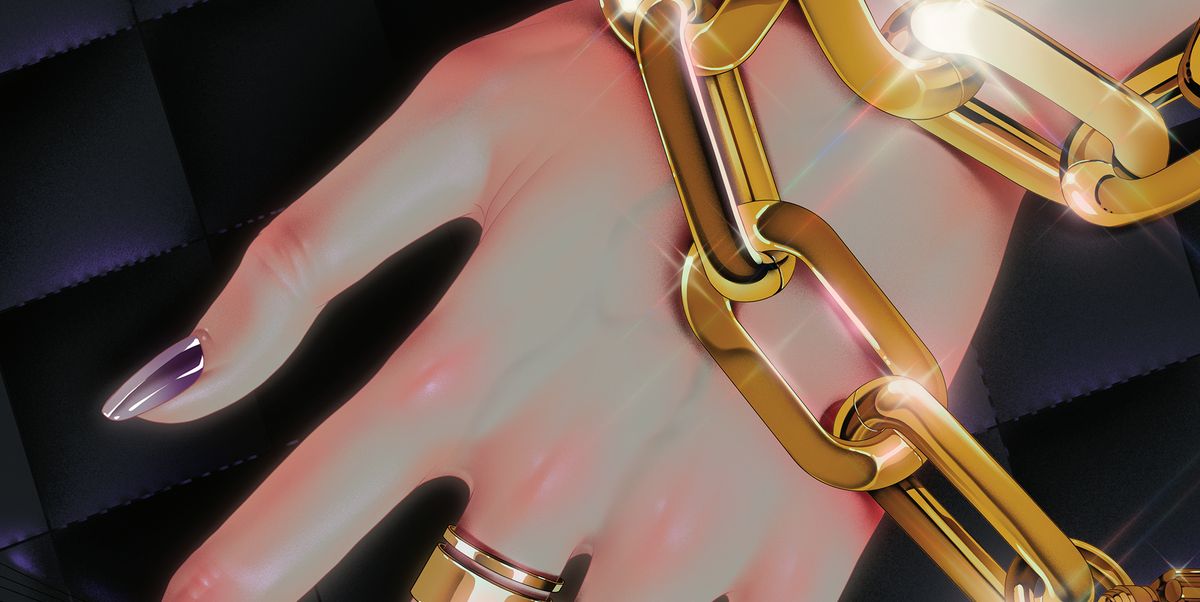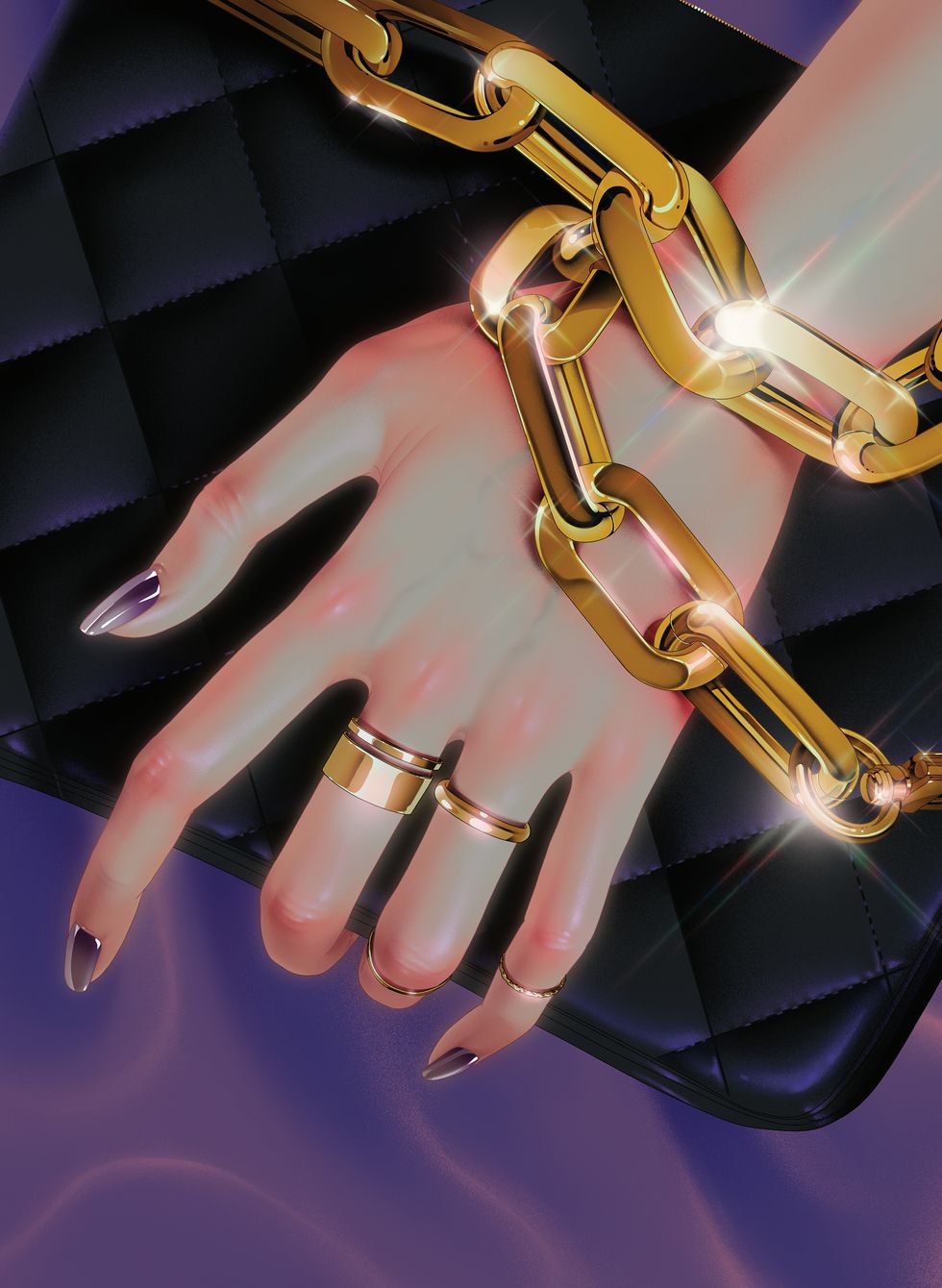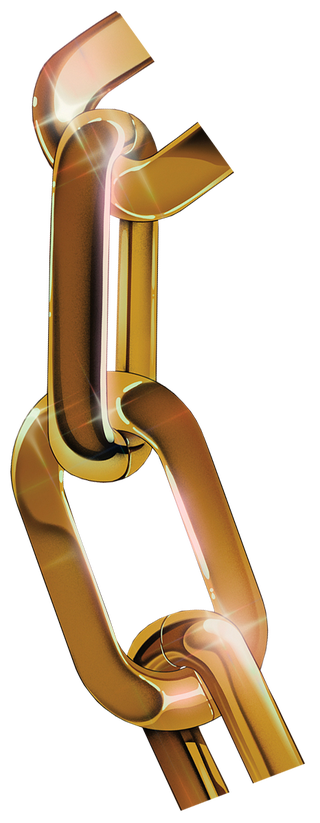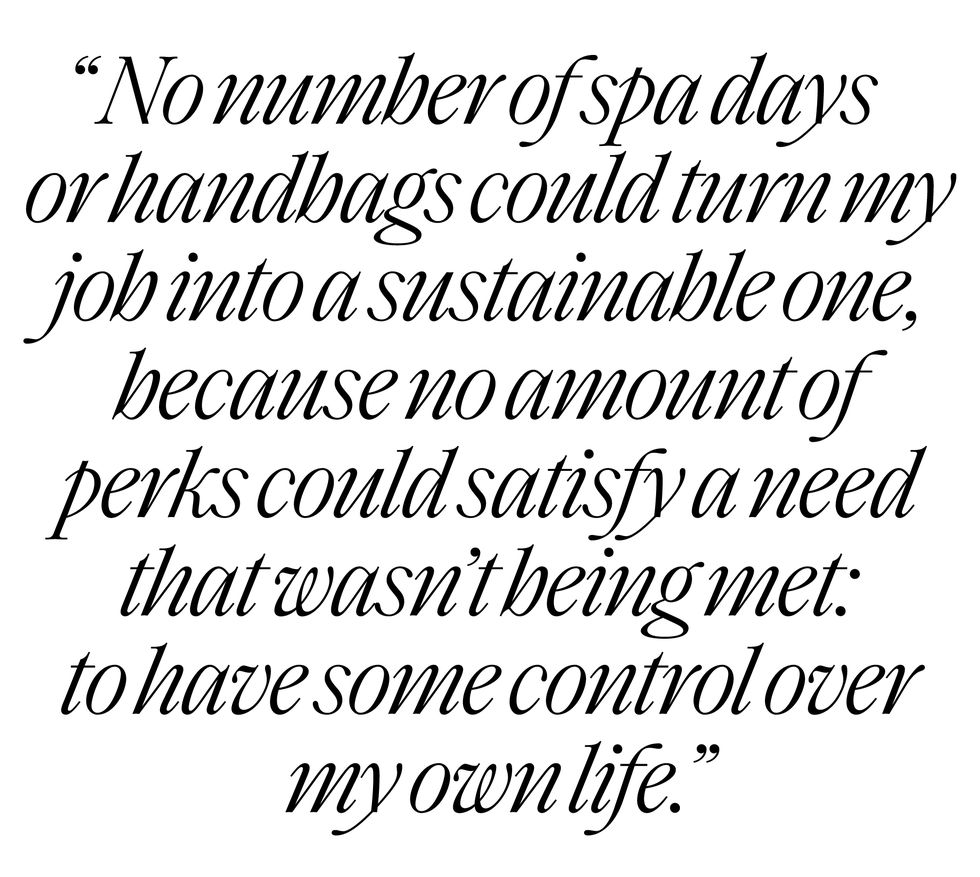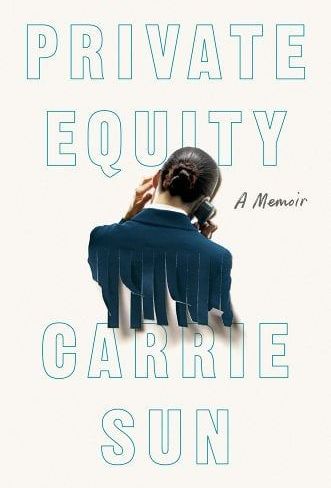Products You May Like
At 7:48 P.M., I texted a friend who asked me how my first day of work went: No time to even pee.
I thought it was the best job in the world.
I was the sole assistant to the billionaire founder of the hottest hedge fund on Wall Street. My boss, let’s call him James, said he cared about ethics. My recruiter had told me that by all accounts, James was the nicest, and I was to manage his life.
I had spent much of my first day sitting across from James in his office, listening to him explain things to me and nodding my head. One nod after each of the ninetysomething responsibilities listed in my job description, which demanded that I be kind, proactive, sensitive, and efficient—above all, positive!
Could I be a lion in ambition and a gazelle in poise?
Three years before, I had dropped out of Wharton, worried that I’d been wasting my life. I grew up with very little—my parents were graduate students from China, working odd jobs to pay for tuition. In college, I’d majored in math and finance; I craved financial independence. After graduating, I worked as an analyst and was soon making over $300K a year. Yet the more I was surrounded by wealth, the more I found myself recoiling from it all. I couldn’t pinpoint why. But I knew I wanted to change careers. I started taking classes in philosophy, literature, creative writing. While I was in New York taking a summer fiction workshop, a recruiter reached out to me.
That’s how I ended up back in finance, although in a different capacity than before, at a job in which there were tests, more tests, and even more tests. Could I get Michael Bloomberg on the phone? Could I find a mansion on the beach for James and up to seven of his friends so they could go surfing next weekend? Could I have anticipated that, for this trip, he wouldn’t want his default ground transportation—a chauffeured SUV—but rather a rental truck? Could I read his mind?
These questions weren’t rhetorical. Answering them was my job. I succeeded more than I failed, guessed right more than I guessed wrong. But the hardest part of my job was being responsible for what was not enumerated in my job description.
For instance: energy.
One day, I interrupted a meeting to pass James a note. Someone had called with an emergency. As soon as the meeting ended, James summoned me into his office. “Carrie,” he said. “So. Your energy.” Apparently my walk was all wrong. “I need you to walk with more confidence, but also be more easygoing, relaxed, and chill.”
You can imagine my stress level when, a month later, my energy was put to the ultimate test: meeting James’s friend, let’s call her Emma—a style icon, It Girl, and fashion entrepreneur, who sat front row at fashion shows. I was in charge of giving Emma a tour of our offices. I had about 15 minutes.
I have no idea what I did or said in those 15 minutes; the whole time, I was trying to walk with more confidence, sucking in my stomach, my cheeks. After circling the floor, I arrived at our main conference room with a sweeping view of Central Park. Emma stopped. She handed me her phone. “Can you take a photo of me?” she asked, smiling.
I worked. I strove. I tried. I cared. My constant efforts—the financial markets never slept—seemed to be paying off. Emma posted the photo I took of her on Instagram. James gave me increasingly important tasks: writing his speeches, prepping him for meetings, scripting his fireside chats. Three months into the job, around the holidays, James gave me a bonus and a raise. He also gave me a $2,500 gift certificate to SoulCycle, a large Balenciaga tote, and a virgin wool and angora coat from Derek Lam. The most special gift he gave me was tucked inside one of the gift bags, a card with a handwritten note: He believed in me.
I loved my job.
But there were signs. I’d make plans with friends, then cancel at the last minute because something came up at the office. When I didn’t have plans, I’d plop down on my couch, sit in the dark (I had no energy left to turn on the lights), and scroll through Seamless for upwards of an hour, unable to decide on a cuisine. Many nights, I would not eat dinner.
The more out of control I felt in my life, the more I dove into my work. James never yelled. He never threw things at me or made me cry. He once suggested I do an extra week of a juice fast after I told him I had already completed six days of the liquid diet (because I had fallen off a treadmill at work, answering an email while running—I couldn’t exercise and felt unlike myself). James was always pushing me to do more, work faster, be better. He said he wanted to help me succeed.
And so I was sure my burnout was because of me and not my job. I told myself my job was perfect, I loved my job, even after I spent an evening helping him helicopter into MetLife Stadium from the Hamptons so he could take his daughter to a Taylor Swift concert. I told myself my job was totally doable by one person, I loved my job, even after I noticed how frequently I’d be talking to someone on the phone, with someone else on hold, as a coworker would walk by asking to get in to see James—an emergency!—and I’d check James’s calendar and whisper a new time for the coworker to come back. Seamless was not just our corporate meal solution but a way of life for James. The infrastructure of his days was seamless because we—his COO, his staff at the office and at home, and I—focused on the one and only thing that mattered: work. Faster work. Work that triaged his life and removed all friction for him.
But my work? It was great, so great that I was rewarded with spa days, shopping sprees, and luxury vacations. It was so great that James gifted me an investment in the fund. It was so great that when I, at last, told James about my overwork, about how I felt underwater and couldn’t last another day—this was around my two-year work anniversary—he did not believe me. “Have you tried taking breaks?” he asked.
About the superrich—or at least those like James, who was the hardest-
working person I knew: Their moral rectitude can be genuine, I realized, but ultimately it doesn’t matter. No number of spa days or handbags could turn my job into a sustainable one, because no amount of gifts or perks could satisfy a need that wasn’t being met: to have some control over my days, and thus of my life.
The hardest part of my job, not in the job description: to be superhuman.
Two months before holiday bonuses, I quit.
This article appears in the February 2024 issue of ELLE.
Carrie Sun was born in China and raised in Michigan. She holds an MFA in creative writing from The New School. She lives in Jersey City with her husband. Private Equity is her first book.
